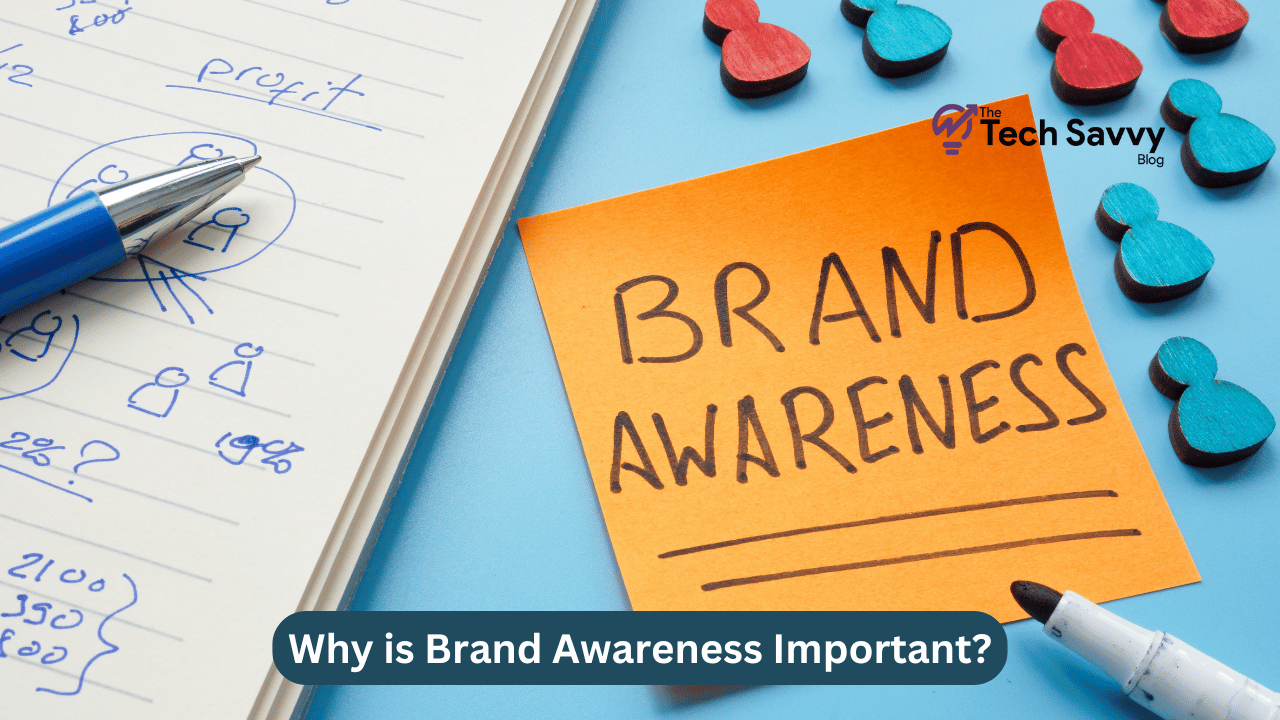Introduction to the Importance of Brand Awareness
Brand awareness is a critical component of any successful marketing strategy. It refers to the extent to which consumers recognize and are familiar with a brand, including its name, logo, and other distinctive visual elements. In today’s competitive marketplace, establishing strong brand awareness is essential for building trust, fostering customer loyalty, and driving business growth.
A brand that is widely recognized and well-regarded among its target audience can enjoy numerous benefits, including increased customer retention, higher sales, and a competitive advantage in the marketplace. We will explore the importance of brand awareness in detail, discussing its impact on consumer behavior, brand perception, and overall business success. Join us as we delve into the significance of building and maintaining strong brand awareness in today’s digital age.
Influence of Brand Presence
Brand Presence plays a crucial role in shaping consumer behavior and purchase decisions. When consumers are familiar with a brand and perceive it positively. They are more likely to choose that brand over competitors when making purchasing decisions.
Strong brand awareness can influence consumer behavior in the following ways:
- Brand Preference: Consumers tend to prefer brands that they recognize and trust, leading to increased loyalty and repeat purchases.
- Perceived Quality: A strong brand presence can enhance consumers’ perception of a brand’s quality and reliability, making them more willing to pay a premium for its products or services.
- Purchase Intent: Increased brand awareness can lead to higher purchase intent, as consumers are more likely to consider and choose a familiar brand when making buying decisions.
Building Awareness as Consistent Branding

Consistency is key when it comes to building and maintaining strong brand Presence. A consistent and cohesive brand identity across all channels and touchpoints helps reinforce brand recognition and foster trust and loyalty among consumers. Some key elements of consistent branding include:
- Logo and Visual Identity: A recognizable and visually appealing logo is essential for creating a strong first impression and enhancing brand recall.
- Brand Voice and Messaging: Consistent messaging and tone of voice across all marketing materials and communications help reinforce brand values and personality.
- Integrated Marketing Communications (IMC): Coordinated and consistent messaging across various channels, including social media, email marketing, and advertising, helps enhance brand visibility and recognition.
Leveraging Digital Marketing Channels to Boost Brand Awareness

Leveraging digital marketing channels is essential for increasing brand Presence and reaching a wider audience. Some effective digital marketing strategies to boost brand awareness include:
- Search Engine Optimization (SEO): Optimizing your website and content for search engines helps improve your visibility and ranking in search results, increasing your brand’s exposure to potential customers.
- Social Media Marketing: Engaging and interacting with your audience on social media platforms can help increase brand exposure, foster community, and drive customer loyalty.
- Content Marketing: Creating high-quality, valuable content that resonates with your target audience can help increase your brand’s visibility, authority, and credibility in your industry.
- Online Advertising: Investing in online advertising, such as pay-per-click (PPC) campaigns, display ads, and social media ads, can help increase your brand’s visibility and reach a wider audience.
Measuring and Evaluating
Measuring and evaluating brand awareness is essential for assessing the effectiveness of your branding efforts and making data-driven decisions to optimize your strategies.
Some key metrics and methods to consider include:
- Brand Awareness Surveys: Conducting brand Presence surveys among your target audience can help measure and track your brand’s visibility, recognition, and perception over time.
- Website Analytics: Analyzing website traffic, user behavior, and engagement metrics can provide valuable insights into the effectiveness of your online branding efforts.
- Social Media Insights: Monitoring social media engagement, reach, and growth can help assess the impact of your social media marketing strategies on brand awareness.
- Brand Mention Monitoring: Using online tools to monitor and track mentions of your brand across various channels can help evaluate your brand’s visibility and reputation.
Conclusion
Brand awareness is a critical component of any successful marketing strategy. Influencing consumer behavior, purchase decisions, and overall business success. Strong brand awareness helps build trust, foster customer loyalty, and drive business growth by influencing brand preference, perceived quality, and purchase intent.
Consistency in branding, including logo and visual identity, brand voice and messaging, and integrated marketing communications, is key to building and maintaining strong brand awareness. Leveraging digital marketing channels such as SEO, social media marketing, content marketing. Online advertising is essential for increasing brand exposure and reaching a wider audience in today’s digital age.
Measuring and evaluating Brand Presence through brand awareness surveys, website analytics, social media insights, and brand mention. Brand mention monitoring is essential for assessing the effectiveness of your branding efforts and making data-driven decisions to optimize your strategies.
Building and maintaining strong brand awareness is essential for establishing a competitive advantage in the marketplace, fostering customer loyalty, and driving business growth and success. You can enhance your brand’s visibility, resonate with your target audience, and ultimately achieve your marketing objectives and goals.
